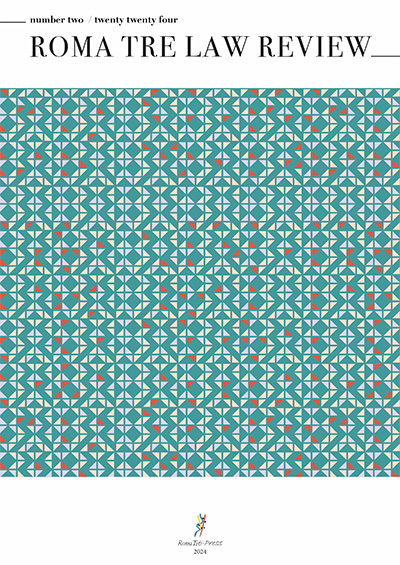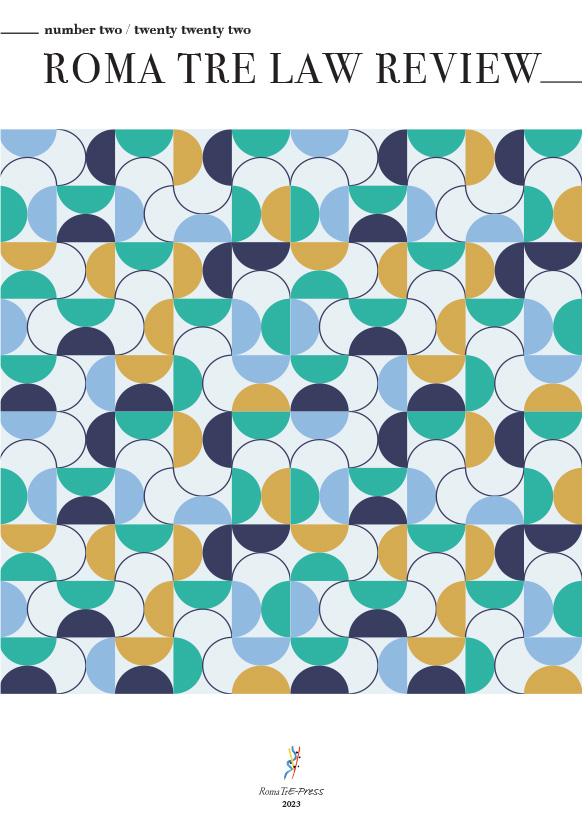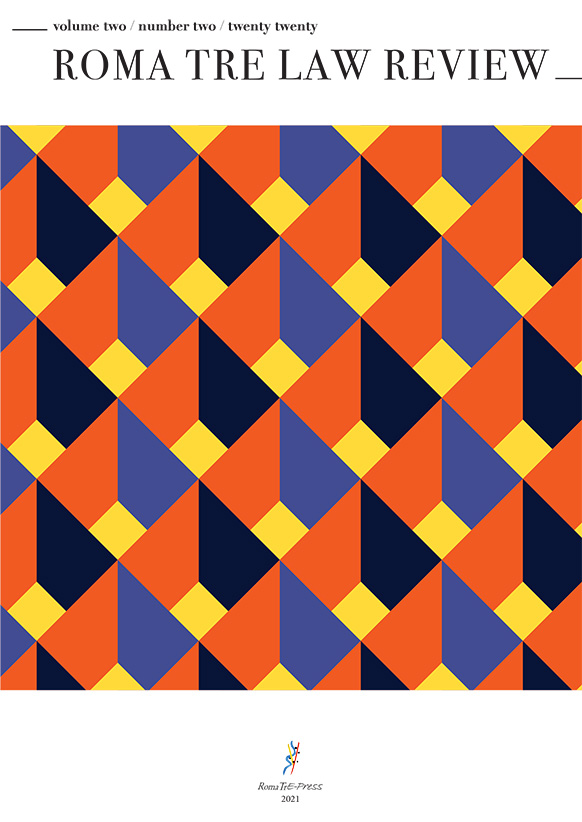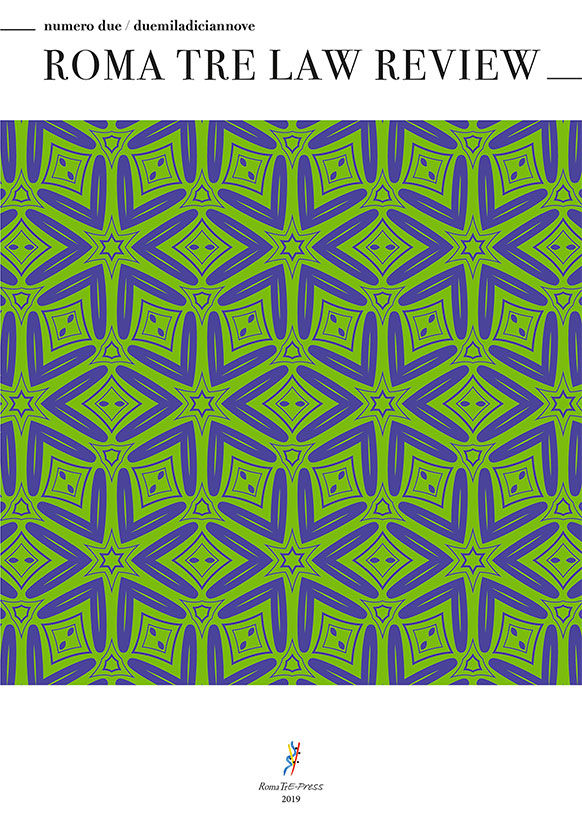“Solutio per errorem”. The Significance of the Solvens’ Mistake in the Context of the Condictio Indebiti
Sara Galeotti
One mark of a mature legal system is that it is conscious of its own traditions: fully to understand the notion of solutio indebiti in the contemporary legal systems we need to understand the historical and the institutional background from which the condictio indebiti came. In this respect, the action to which that name was applied in Roman law is based on principles which afford scope for interesting analysis. In the Roman Word, where one, through error, makes payment of what is not due, he may in certain circumstances recover it by an action. Whether money paid under an error in law can be recovered by a condictio indebiti is a question which has given rise to much controversy. A constitution of Diocletian and Maximian seems to deny restitution where the money has been paid under an error in law: in C 1.18.10 it is explicitly stated that «cum quis ius ignorans indebitam pecuniam persolverit, cessat repetitio. Per ignorantiam enim facti tantum repetitionem indebiti soluti competere tibi notum est». Founding on this constitution and other texts, many eminent jurists, such as Cujas, Donellus, and Voet, maintain that no action lies to recover money paid by mistake in point of law. Other authors, among whom we find Vinnius and D’Aguesseau, are of opinion that restitution may be obtained in all cases of error, whether it be an error of fact or an error of law. They contend that in the whole title of the Digest which treats of condictio indebiti, restitution is never confined solely to an error in fact, or denied to an error in law, but is constantly ascribed to error simply, whether the payment was made on account of what was never due, or of some claim which could not be enforced by reason of a perpetual exception. The aim of this paper is to investigate the Romanist roots of the solvens’ mistake importance for the purposes of restitution remedy in case of undue payment. I will therefore analyze the Roman jurisconsults’ position and the interpretative tradition of the ius commune, which are the basis of all civil law systems. The second part of my essay will instead be focused on a basic examination of the solutio per errorem in the Italian, English, German and French legal systems, so as to highlight the considerable similarities of the legal solutions adopted in those different systems.
Un marchio di un sistema giuridico maturo è che è consapevole delle proprie tradizioni: per comprendere appieno la nozione di solutio indebiti nei sistemi giuridici contemporanei, dobbiamo comprendere il contesto storico e istituzionale da cui proviene la condictio indebiti. A questo proposito, l'azione a cui quel nome è stato applicato nel diritto romano si basa su principi che offrono possibilità di analisi interessanti. Nella Parola romana, dove uno, per errore, effettua il pagamento di ciò che non è dovuto, in determinate circostanze può recuperarlo con un'azione. Se una condictio indebiti possa recuperare denaro versato a causa di un errore di diritto è una questione che ha suscitato molte controversie. Una costituzione di Diocleziano e Massimiano sembra negare la restituzione in cui il denaro è stato pagato a causa di un errore di diritto: in C 1.18.10 si afferma esplicitamente che «cum quis ius ignorans indebitam pecuniam persolverit, cessat repetitio. Per ignorantiam enim facti tantum repetitionem indebiti soluti competere tibi notum est ». Basandosi su questa costituzione e su altri testi, molti eminenti giuristi, come Cujas, Donellus e Voet, sostengono che non esiste alcuna azione per recuperare denaro pagato per errore in diritto. Altri autori, tra i quali troviamo Vinnius e D’Aguesseau, ritengono che la restituzione possa essere ottenuta in tutti i casi di errore, che si tratti di un errore di fatto o di un errore di diritto. Sostengono che nell'intero titolo del Digest che tratta della condictio indebiti, la restituzione non è mai limitata esclusivamente a un errore, o negata a un errore di diritto, ma viene costantemente attribuita a un errore semplicemente, indipendentemente dal fatto che il pagamento sia stato effettuato a causa di ciò che non era mai dovuto, o di qualche pretesa che non poteva essere fatta valere a causa di un'eccezione perpetua. Lo scopo di questo documento è di indagare sulle radici romaniste dell'importanza dell'errore dei solventi ai fini del rimedio di restituzione in caso di pagamento indebito. Analizzerò quindi la posizione dei giureconsulti romani e la tradizione interpretativa del comune ius, che sono alla base di tutti i sistemi di diritto civile. La seconda parte del mio saggio si concentrerà invece su un esame di base della soluzione per errore nei sistemi giuridici italiano, inglese, tedesco e francese, in modo da evidenziare le notevoli somiglianze delle soluzioni giuridiche adottate in questi diversi sistemi.
DOI: 10.13134/2704-9043/5














